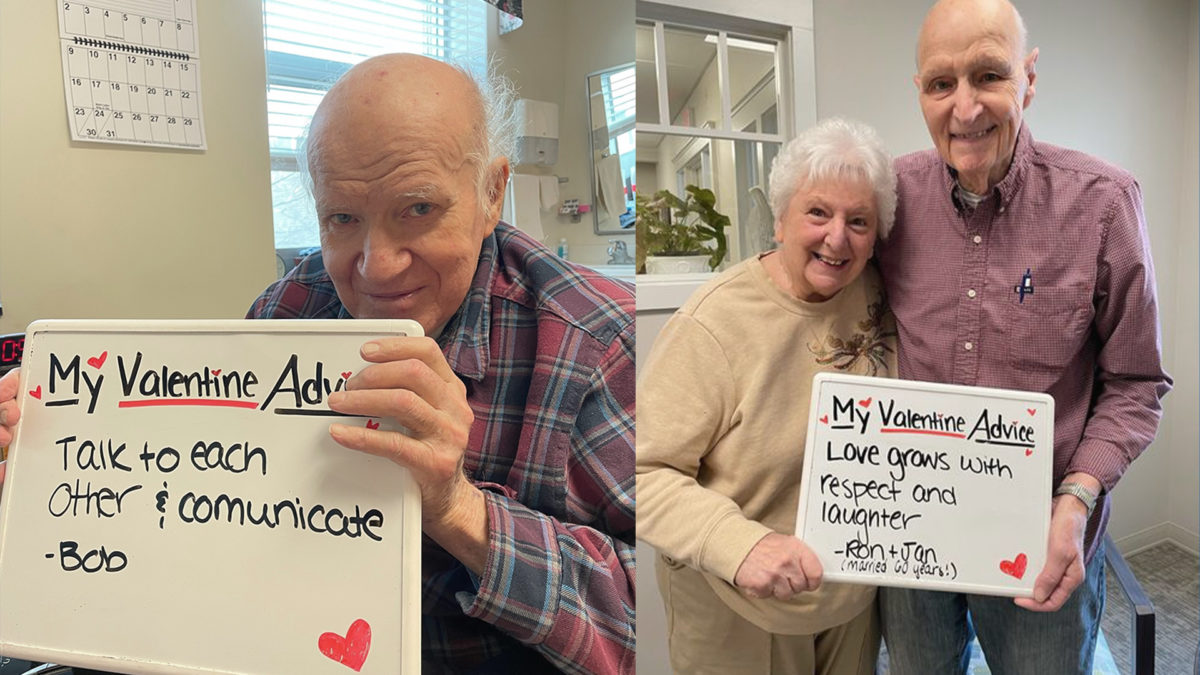After a long discussion about home care agencies with her colleagues, Cindy was intimidated.
The voice of her colleague kept ringing in her head. “My experience was awful!”
“Maybe I should hire a private caregiver?” Cindy asked her friends.
“Cindy, hiring a private caregiver isn’t as easy as it seems sometimes.” They replied.
“There will be a lot to consider.
This is true.
Nothing is perfect in this world, there will always be benefits and drawbacks beneath each choice. Today, CareStory will discuss and compare the pros and cons of each option. Options that Cindy was debating,, and perhaps options you may be debating yourselves. Hopes this helps you, too.
Home Care Agency vs. Private Caregivers
Hiring Through an Agency:
Pros:
-
Background Checks
Home care agencies usually carefully interview and screen their caregivers. Conducting background checks is usually time-consuming and costly, yet it is very important in the hiring process. So, if you hire an agency, the hard work would be on them.
-
Professional Development
A good home care agency (Top 7 Home Care Agencies in the GTA) will require their caregivers to attend periodic training seminars and renew their knowledge of best practices in caring. This goal is hard to achieve when you hire a private caregiver.
-
Flexibility
Caregivers at home care agencies work as a team. When the customer has concerns with a current caregiver or needs to change schedules, most agencies will replace the caregiver with a new one quickly. Also, when the caregiver doesn’t show up, the agency can send a secondary caregiver immediately to ensure the senior receives the care that they should have.
-
Supervision
Some home care agencies will arrange professionals to assess a client’s situation occasionally, and modify the care plan according to the client’s needs. Also, the caregiver’s work is monitored and assessed by the care coordinator, which ensures they stick to the plan and provide quality service.
-
Payroll and Taxes
Remember how tedious and annoying it is when tax season comes around? Yeah – you’ll be taking care of that. You also need to make sure you follow all Employment Standards. Hiring a home care agency means that all of this is handled by them, which will relieve some of your stress when dealing with numbers.
Cons:
-
More Expensive
The most prominent drawback of hiring a home care agency is certainly the cost. The cost of home care agencies in the GTA area differs considerably, which could range from $28 to $65 per hour – most being over $30/hr. It is much more expensive than hiring a private caregiver, since there are operational fees such as administration fees, training fees, legal fees, etc. Clients are responsible for all of these fees.
-
Inconsistent Caregiving Staff
This is another concerning problem with hiring an agency. Some agencies have a high turnover rate, so it is important to figure out their situation before hiring one.
Hiring a Private Caregiver:
Pros:
-
Effective Communication
Without question, you have more direct control when you hire a private caregiver. Since you manage tasks and modify the caring process yourself, you and your family would have a closer connection with the caregiver. Communication is more effective this way, too – you don’t need to go through a long and dragging process of reporting and getting feedback from the agency manager if you have any concerns.
-
Broader Range of Services
Since caring tasks are managed and regulated by law, there will be many limitations for services if you hire through an agency. However, you will have more freedom on deciding what care you’d like your family members to receive if you hire a caregiver privately.
-
Choose Your Own Caregiver
If you hire a private caregiver, you’d be the boss. You will be the one who does all the screening and selecting, rather than letting the agency send you an assigned caregiver themselves. Again, you will have more control on who your caregiver will be, and your family member will appreciate it!
-
Cheaper
Price, price, price! This is always an inevitable thing to discuss. Hiring a private caregiver will definitely be cheaper than hiring an agency, and the average hourly rate in the GTA will be around $18 to $20. If you add up the hours in the long run, it will save you a lot of money.
Cons:
-
Payroll and Taxes
If you are not someone who’s good with numbers, this is going to be a “punishment” for you. Not only do you need to follow Employment Standards, complicated set up of payment duties such as payroll, EI, taxes and even legal fees, will drain your energy when you choose to hire a caregiver yourself.
-
Liability Insurance
Some people would find it necessary to purchase liability insurance coverage for injury or theft when they hire a private caregiver. If you don’t do so and the caregiver gets injured when taking care of your loved one, you need to pay the bill – the cost would be no less than hiring an agency.
So, are you clear on what to choose? Or have you become even more hesitant on your decision? Don’t worry, there are scenarios that allow you to hire a private caregiver hassle free. In our experience, the people who can do the following are able to hire caregivers themselves without being panicked about it.
How To Determine If You Can Hire a Private Caregiver
-
Previous Management Experience – People
If you have hired a caregiver before, or you are just “born to be a leader”, and managing someone isn’t a problem for you, you can probably hire a private caregiver for your family, given that you already know how things work.
-
Previous Management Experience – Payroll, Taxes, and Insurance
These things would be a big deal-breaker for most people who don’t hire a private caregiver. But if you are good at handling checks and numbers, and you have time to do so, then you will do fine with hiring a caregiver yourself.
At the End:
Hiring a caregiver directly, or hiring through an agency is a totally personal decision. Private caregivers can easily build connections with your family members, while home care agencies will offer you more reassurance during the hiring and managing process. No matter what you choose, be careful in the screening and interviewing process and you will never go wrong.
Reference:
https://www.laservices.ca/blog/choosing-right-home-care-provider












